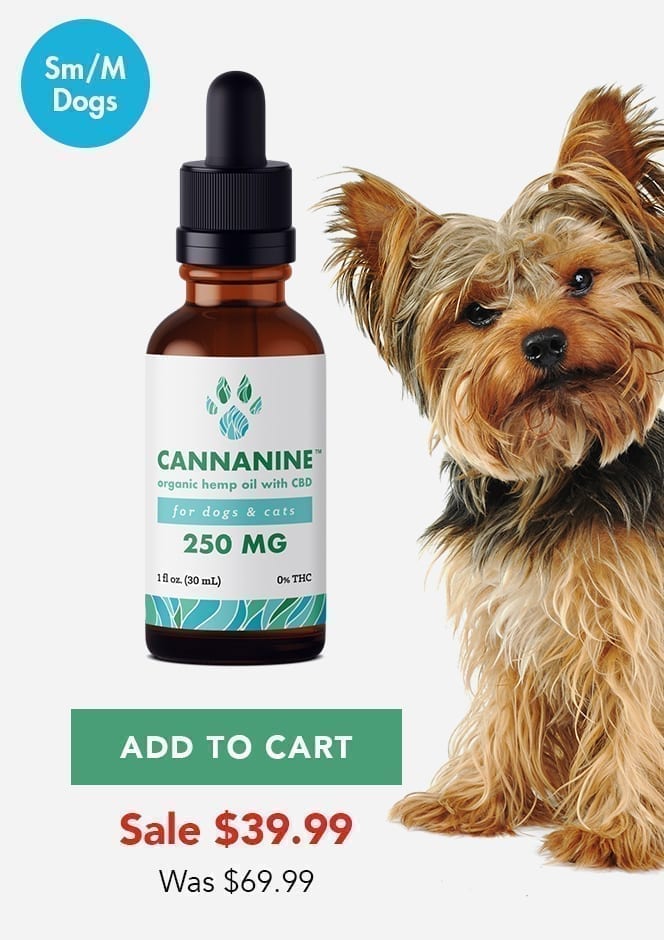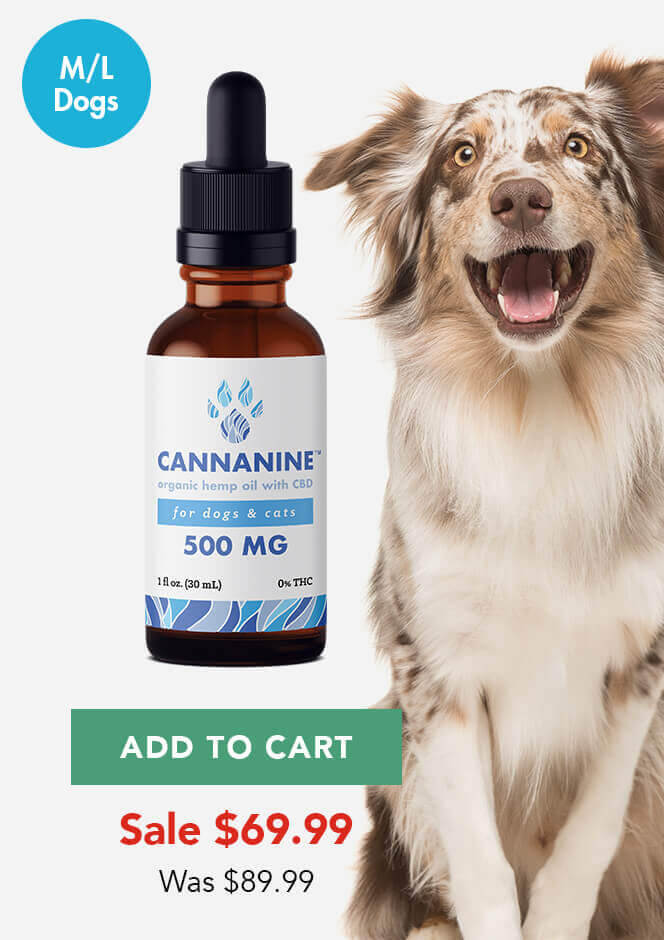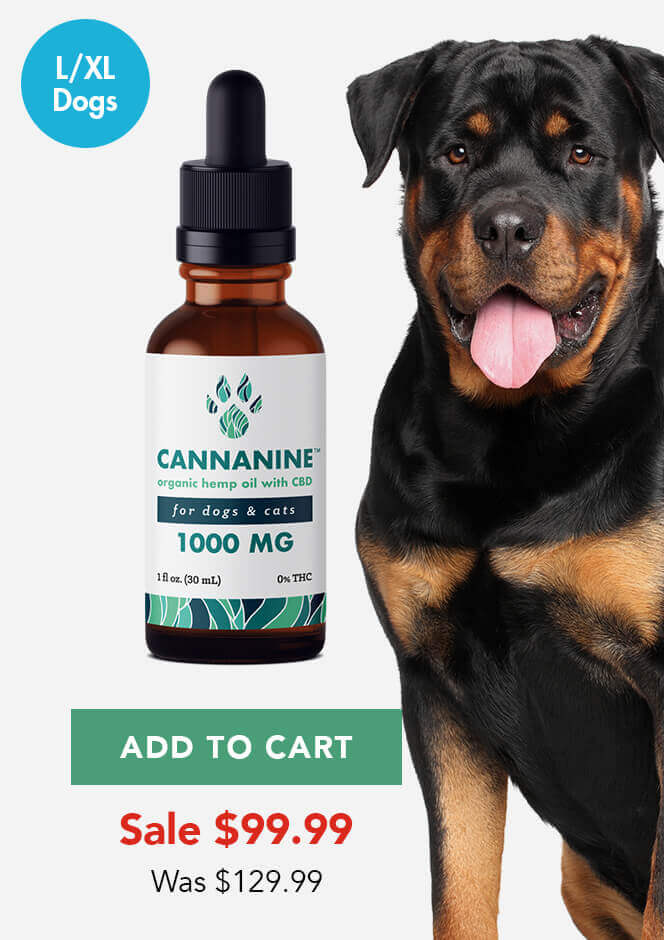
Dog Stress Medication Pros & Cons: The Best Ways To Help Your Dog
Dogs are intelligent, social animals that often suffer from the same types of stress as humans. Pet parents have lots of choices for easing their stress, from counter-conditioning techniques to natural treatments and dog stress medications.
In this article, we’ll discuss the causes of canine stress and the pros and cons of its many treatment options to help you make the best decision for your pup.

What Causes Stress In Dogs?
Fear-Related Stress
The world can be a scary place for some dogs. Loud noises from fireworks, thunderstorms, motorcycles, etc. are common causes of stress. Other dogs dread car travel, busy shopping centers, or trips to the vet. Even everyday objects such as hats, canes, umbrellas, and baby carriages can strike fear into the hearts of anxious pups.
While any dog can develop the fears and phobias that lead to stress, early socialization and exposure can help prevent and treat it.
Separation Stress
The most common cause of stress in dogs is separation from their favorite humans. As pack animals, our dogs come to depend on our presence. You may notice that your pup shakes or paces at the sight of you dressing for work or grabbing your keys.
Separation stress is difficult to prevent and even harder to treat. Luckily, several options are available including behavioral modification training, alternative therapies, and dog stress medication.
Age-Induced Stress
Like humans, dogs’ senses weaken as they age. Their vision dims, their hearing goes, and many develop cognitive dysfunction. Besides these frightening changes, older dogs also experience joint pain, which can make it difficult to navigate their surroundings. It’s no wonder so many pups develop anxieties and insecurities as they head into their senior years. For tips on how to make life easier for your senior dog, click here.

What Are The Symptoms Of A Stressed Dog?
- Urinating or defecating in the house
- Drooling
- Panting
- Destructive behavior
- Escape attempts
- Depression
- Excessive barking
- Pacing
- Restlessness
- Repetitive or compulsive behaviors
- New or worsening aggression
Note: Stress symptoms can be quite severe in some dogs. If your pup has become self-destructive or poses a risk to you, your family, or any other pets in the home, seek professional help immediately.

What Are The Pros & Cons Of Dog Stress Medication?
Dog stress medications fall into several categories. Below you’ll find how each class of drug works to ease stress, and the potential pros and cons for each as per the British Small Animal Veterinary Association.
Tricyclic Antidepressants
These drugs work by increasing serotonin and norepinephrine levels in the brain. Amitryptiline and Clomipramine (Clomicalm) are common tricyclic antidepressants for dog stress.
Pros:
- Help treat separation stress and obsessive behaviors
- Effective for dogs with storm phobias
Cons:
- May cause lethargy, dry mouth, or GI symptoms
- Cannot be given to dogs with cardiac disease or glaucoma
Selective Serotonin-Reuptake Inhibitors (SSRI)
The medications within the SSRI class work on many types of stress by increasing serotonin in the brain. Common SSRI dog stress medications include Paroxetine (Paxil), Sertraline (Zoloft), and Fluoxetine (Prozac).
Pros:
- Help with obsessive behaviors
- Fewer side effects than tricyclic antidepressants
Cons:
- May cause drowsiness
- May interact with other common medications
Benzodiazepines
Benzodiazepines reduce stress by depressing activity in the central nervous system. Dog stress medications within this class include Lorazepam (Ativan), Diazepam (Valium), and Alprazolam (Xanax).
Pros:
- Help with muscle relaxation
- Can be given as needed rather than every day
- Safer for dogs with liver damage than other dog stress medications
Cons:
- May cause drowsiness and dizziness

Can Dog Stress Be Treated Without Medication?
Not all dogs need medical intervention to treat their stress symptoms. Professional training and counter-conditioning techniques work wonders for some pups. Anxious dogs – especially high-energy breeds – show great improvement simply by increasing their level of physical exercise and mental stimulation.
Pet parents who prefer natural solutions can also try:
Stress Wraps
Whether it’s a Thunder Shirt or a strategically tied scarf, pressure wraps can help dogs deal with situational stress from fireworks and storms.
Acupuncture
Acupuncture and Chinese herbal therapy may also reduce canine stress.
“It has a noticeable calming effect,” writes veterinarian, Dr. Rachel Barrack. “Often, dogs find acupuncture sessions so relaxing that they fall asleep once the needles are inserted.”
Dog Appeasing Pheromone
Certain pheromones mimic chemicals produced by nursing mama dogs to sooth their puppies. Products containing Dog Appeasing Pheromone (DAP) have the same effect on adult dogs, and can help them cope with separation stress, noise phobias, and travel.
Nutritional Supplements
L-theanine works by increasing serotonin, dopamine and gamma-aminobutyric acid (GABA) levels in the central nervous system.
S-adenosyl-methionine (SAMe) supplements work by increasing serotonin, dopamine, and norepinephrine levels in the brain.
CBD Oil
You may have heard of people using CBD products to take the edge off their stress. Short for cannabidiol, CBD is one of many compounds known as cannabinoids found in hemp and marijuana plants.
CBD oil works by interacting with the endocannabinoid system (ECS), a group of receptors throughout the central nervous system of mammals. When introduced to the ECS of an anxious dog, CBD binds to these receptors, helping to bring the body and mind back into balance. The result is a calmer, happier pup.
Marijuana has high levels of THC, which can be harmful to pets, but CBD from hemp is safe for dogs and contains only trace amounts of THC. However, the only way to make sure CBD is truly safe for your dog is to choose a product completely free of THC.
Creating CBD oil with 0% THC involves an expensive extra step in the manufacturing process, but the makers of Cannanine Organic Full Spectrum Hemp Oil™ believe dogs are worth it! All of our products are 100% free of THC.
Not only is Cannanine free of THC, it is made from organically grown Colorado hemp with no heavy metals, bacteria, or other toxins. Cannanine is legal in all 50 states and will never get your dog “high.”
If your dog battles stress, it is nice to know you have an array of options. stress medications for dogs have their place, but natural products like high-quality CBD oil are safer and may eliminate the need for pharmaceuticals in some dogs.
Choose The Right Relief For Your Pup
100% Money Back Guarantee
PLUS Up To 40% Off When You Shop Today







Popular Articles On CBD For Dogs Stress
Popular Articles On CBD For Dogs
- How CBD Oil Can Help Reduce Your Dog’s Excessive Barking
- How Long Before CBD Oil Starts Working for My Dog?
- How Often Can I Give My Dog CBD Oil?
- How Long Do The Effects Of CBD Oil Last For Dogs?
- What Are Possible CBD Side Effects For Dogs?
- Top 5 Ways To Administer CBD Oil To A Dog
- How CBD Oil Can Increase Your Dog’s Appetite And Prevent Nausea & Vomiting
- How CBD Oil May Help Your Dog Sleep Better
- Can CBD Oil Help Your Dog’s Stress and Nausea In The Car?
- 4 Reasons Senior Dog Owners Are Flocking to CBD Oil
- CBD Oil and Gabapentin Dogs
- CBD Oil Tinctures vs. CBD Treats for Dogs: Which Is Better?
These statements have not been evaluated by the Food and Drug Administration. This product is not intended to diagnose, treat, cure, or prevent any disease. The information on this website is not intended to replace a one-on-one relationship with a qualified healthcare professional.








